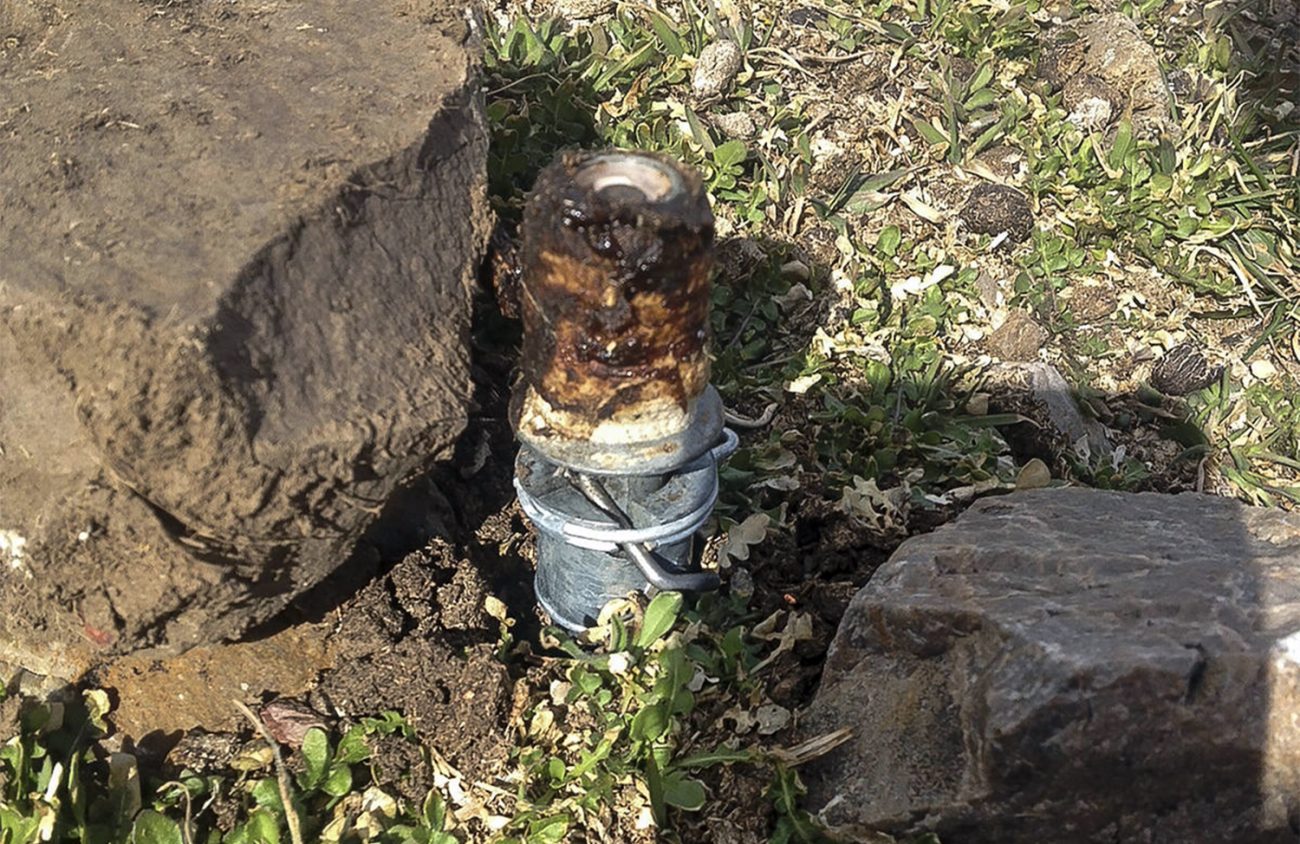A new petition is aiming to ban deadly M-44 anti-predator devices in the state of Oregon.
M-44s use sodium cyanide, which smells of bitter almonds and is found naturally in apple seeds; however, its use in M-44s has not only killed predators but has severely injured several humans and their pets instead of the coyotes they target.
Brooks Fahy is the organizer of the petition and the director of Predator Defense, an organization that seeks among other goals to ban M-44s. Although six rural Oregon counties have stopped using the devices, the petition asks Oregon’s director of federal Wildlife Services and the U.S. Department of Agriculture Animal and Plant Health Inspection Service (USDA-APHIS), to impose a statewide ban on the device and remove those currently in use.
Despite its intended use, M-44s have been involved in several high-profile incidents that have injured humans. The most widely known incident was in March 2017 when Canyon Mansfield, a boy in Pocatello, Idaho, was exposed to the poison inside the device, and his dog Kasey was killed in front of him. The device was manufactured eight miles away from Canyon’s home.
In August 2017, just five months after the Pocatello incident, Fahy co-signed a petition asking the U.S. Environmental Protection Agency to ban the use of M-44s in the lower 48 states. According to Predator Defense’s website, the devices are used in 14 states as of March 2018.
Fahy said that he heard nothing back from the EPA.
The new petition, which was launched Thursday, Sept. 13, carries the names of almost 100 individuals and organizations — including victims and survivors of M-44 detonations, such as the Mansfield family — as well as veterinarians and physicians, scientists, law enforcement officials, residents of Pocatello and other parties interested in environmental issues.
One signator particularly stands out. Jim Robertson, president of the company that manufactured the device’s spring, did not know the intended purpose of his product. After learning about M-44s, he stopped producing the spring and now opposes the devices.
The petition contains a chronology of M-44-related poisonings of pets and humans going back to April 1990. From 2000 to 2016, 4,621 animals have been killed in Oregon alone. According to the petition, the actual number of animals killed, such as birds or pets or livestock, may be higher due to a lack of accurate record keeping from USDA-APHIS.
This petition isn’t Fahy’s first attempt to ban the use of M-44s. He has worked with U.S. Rep. Peter DeFazio for almost 30 years trying to ban the devices.
“Part of my life’s work is dismantlling this federal agency and this device,” Fahy says of Wildlife Services, which implements the M-44s.
Fahy says he come close in 1998, and through an appropriations amendment introduced by DeFazio the agency was defunded for 24 hours until a technicality in the language was discovered.
The petition doesn’t just include a chronology; it also contains the death certificate of Dennis Slaugh, a heavy equipment operator from Utah who was a victim of an M-44 detonation. Slaugh later died from a heart attack at the age of 75, and his death certificate listed “exposure to cyanide from M-44” as a condition contributing to his death in February 2018.
As part of Fahy’s efforts to rally support around the ban of M-44s, he is also working with DeFazio to organize a screening for the U.S. House of Representatives of Lethal Control, a film made about the Pocatello incident. Jamie Drysdale, a graduate student, produced the film that retells Canyon’s story and interviews Dennis Slaugh before his death.
“It is not a question of if the use of M-44 cyanide bombs will cause the death of a human — it is a question of when,” DeFazio says in a statement. “These cruel poisons have already led to countless deaths of innocent animals and injuries to humans. The Oregon taxpayer must stop footing the bill for these expensive, inhumane, and unnecessary methods of so-called ‘predator control.’ I urge Governor Brown to ban the use of these extreme devices in Oregon as soon as possible.”
More information about M-44s can be found at predatordefense.org.
